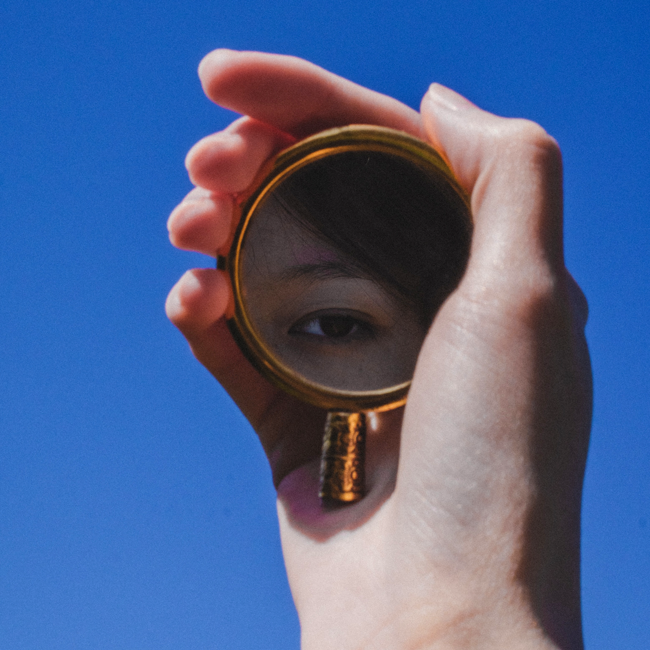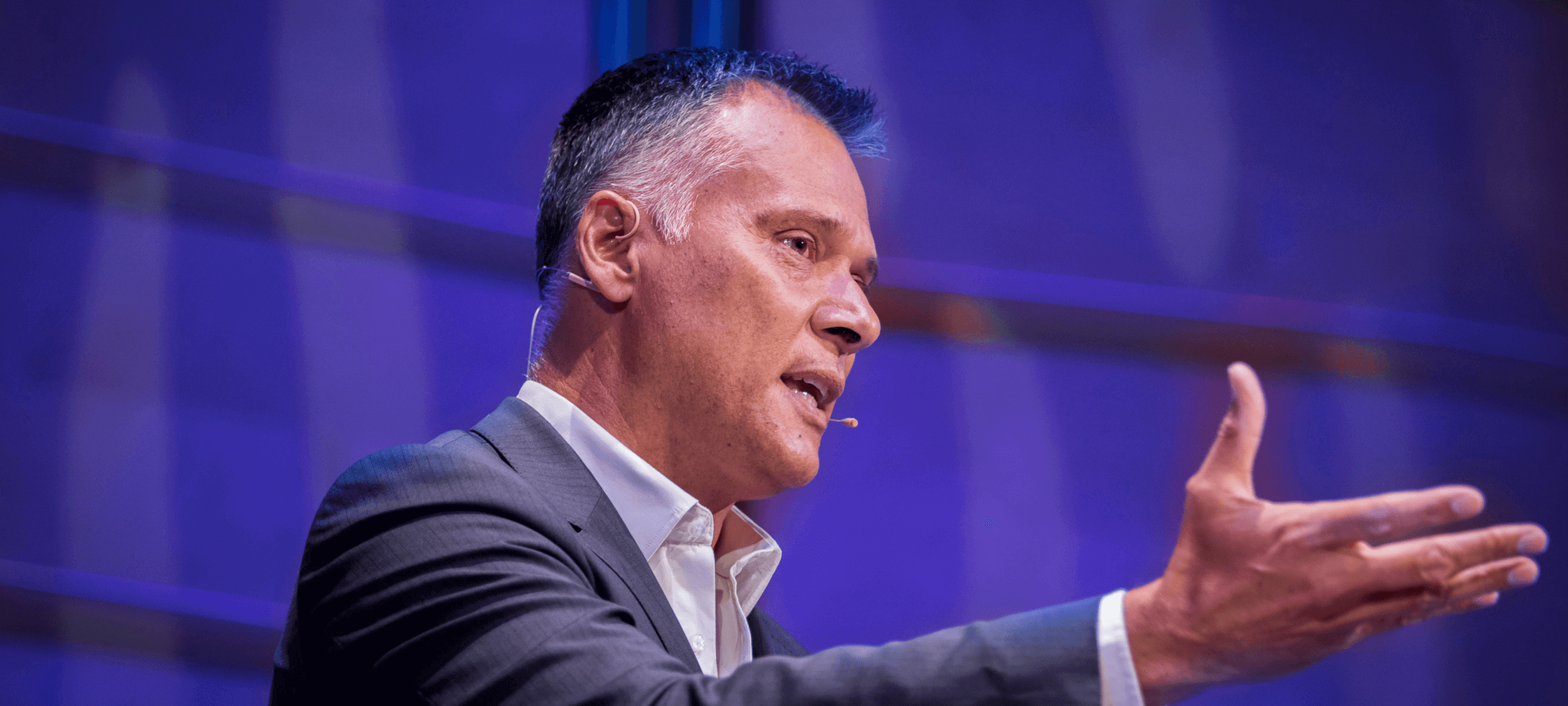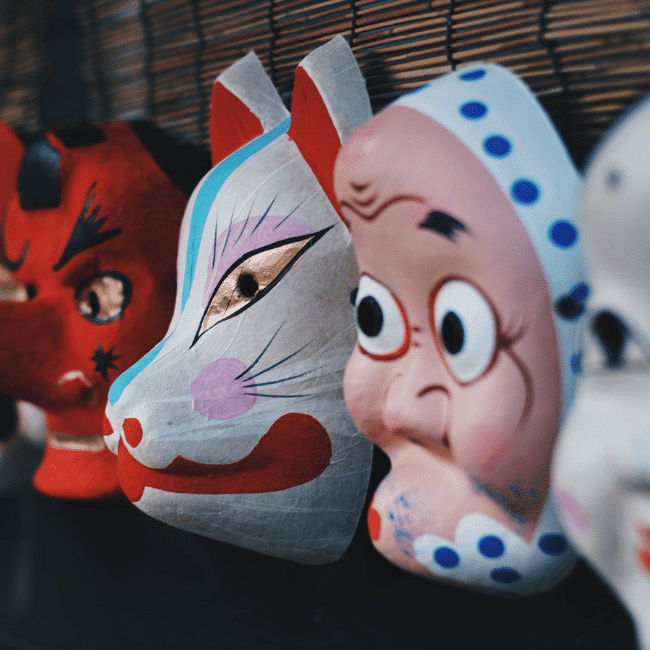The sticky ethics of protests in a pandemic
Opinion + AnalysisPolitics + Human RightsRelationshipsSociety + Culture
BY Simon Longstaff The Ethics Centre 31 JUL 2020
[Video Transcript]
This week has seen the unfolding of a classic ethical dilemma.
A clash between the ethics of peaceful citizens wishing to exercise their democratic right to gather in support of the Black Lives Matter movement and the ethics of medical experts, the NSW Government, the Supreme Court and the NSW Police Force – all of whom combined to prevent these same citizens from gathering together in numbers thought to represent a risk to human health and safety.
The strangest thing of all was that people on both sides of this dilemma supported the objectives of the protesters – with the Deputy Chief Medical Officer, Dr Nick Coatsworth, saying that on any other day, and in any other circumstance, he would be in the ranks of the protesters – championing their cause. Even the NSW Police Commissioner, Mick Fuller, sounded genuinely sympathetic.
So, how did people sharing so much in terms of good will find themselves so divided … and what are we to make of the merits of each side of the argument?
To say that these are extraordinary times is the understatement of the year. The second wave of infections, in Victoria, has ramped up the pressure as we witness the infection spread like wildfire. What started off as a lazy spark is now a growing conflagration – burning up the lives of the vulnerable as it spreads from hotel, to tower block, to abattoir, to aged care homes. The medical fraternity is seeing frontline staff having to withdraw to quarantine as the beds begin to fill. Meanwhile, lockdown and mounting concern is further depressing economic activity.
Is there any wonder that the authorities in NSW are desperate to prevent the same sparks from igniting here? Already, we know that the tinder is dry … with minor outbreaks flaring up across the city. Infection rates in Sydney are on the knife-edge. So when the best available medical advice was that it is too dangerous for a mass gathering of those who support the proposition that Black Lives Matter, a Supreme Court Judge ordered that the protests not proceed – not to suppress the free expression of political opinion but instead to protect the vulnerable many from the risk posed by the sincere and committed few.
Against this, the protest organisers argued that they would guarantee a safe event with people masked and physically distant. They charged the authorities with hypocrisy, pointing out that if people are allowed to travel to work or gather for church services or engage in any one of a number of other types of permitted activity, why single out and ban a protest to condemn the deaths in custody of First Nations people? It’s a good question.
Opponents to the gathering could argue that a protest is, by its very nature, an unruly venture. No one can ever know, in advance, who will turn up, in what numbers, in what mood, with what motives? Even the best organised political gathering can get out of control. It is at least arguable that there is a valid distinction to be made between protest marches and other gatherings.
Even so, it’s hard not to think that it might have been better to set clear guidelines for the gathering, and only then intervene if they were not followed. As noted above, the protest organisers were publicly committing to an event in which every person wore a mask and maintained proper distancing in a large, open air environment.
One wonders what might have been possible had the police and organisers been able to work together to uphold such standards. In those circumstances I reckon that the organisers might have been just as willing, as the police, to close down the event if their supporters failed to observe the rules.
However, we shall now never know.
Some might suggest an ulterior motive in curbing a protest about black lives and Indigenous deaths in custody. If you belong to one of the marginalised groups who have lost loved ones to the criminal justice system due to racism and prejudice, it would be easy to believe that the cancellation of a protest march is just the latest example of unjust oppression.
However, in this case, I do not think that would be a fair or accurate judgment. As I noted above, there was a palpable air of good will in support of the protesters’ objectives, if not their chosen means on this occasion.
Instead, fear of what might have happened seems to have won the day. In part, this is because the public is merciless and unforgiving whenever public officials make the slightest mistake. Again, Victoria is a case in point, with the Andrews government being hauled over the coals for its evidently ineffective management of the pandemic. I very much doubt that Daniel Andrews, or his colleagues, would be cut any slack, by the Victorian public, if they invoked arguments about democracy and free speech to defend their decision making.
NSW Premier, Gladys Berejiklian, would have this example in mind, concluding that few politicians are ever punished for going overboard on public health and safety. More’s the pity.
In my opinion, politicians should be held to equal account for going further than is reasonable or proportionate -especially because of the implications on civil liberties, not least for especially vulnerable and disenfranchised groups. Governments that curb the liberty of citizens should only do so for reasons of necessity, and then only in a manner that is reasonable, proportionate and equitable. Yet, rarely do we see such standards being invoked by a fearful public.
There is a fine line between genuinely protecting the public from harm and constraining the democratic rights of citizens; there is a fine line between exercising those rights and avoiding preventable harm to others.
Ideally, one limits those rights to the bare minimum necessary to secure the public good. It is an open question as to whether or not that occurred in this case.
You can contact The Ethics Centre about any of the issues discussed in this article. We offer free counselling for individuals via Ethi-call; professional fee-for-service consulting, leadership and development services; and as a non-profit charity we rely heavily on donations to continue our work, which can be made via our website. Thank you.
Ethics in your inbox.
Get the latest inspiration, intelligence, events & more.
By signing up you agree to our privacy policy
You might be interested in…
Opinion + Analysis
Relationships
The new normal: The ethical equivalence of cisgender and transgender identities
WATCH
Society + Culture
Stan Grant: racism and the Australian dream
Opinion + Analysis
Relationships
5 lessons I’ve learnt from teaching Primary Ethics
Opinion + Analysis, READ
Society + Culture, Relationships




